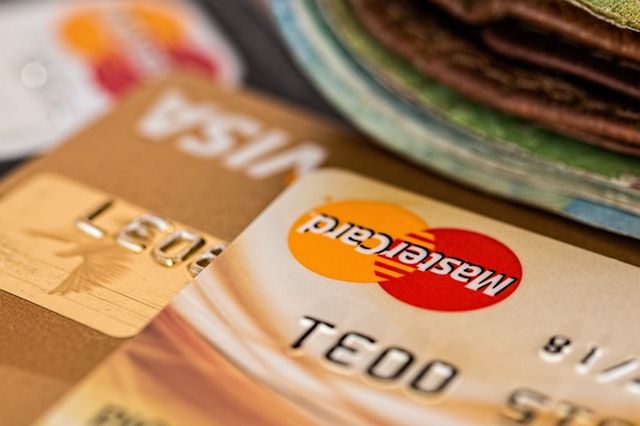
What about breaches since then — do some stand out more than others? The list from 2018 alone includes Facebook, Panera, T-Mobile, Saks Fifth Avenue, Orbitz, and many more.
But maybe you didn’t hear about any of those breaches. As this type of theft has become more common, it has also become less newsworthy. You might not realize your data has been compromised until your card doesn’t work or something funny pops up on your statement or credit report.
Information commonly lifted includes name and full or partial credit card data. This includes card number, expiration date, and CVV code. What was troubling about the Target breach years back was that, because fraudsters captured the information via the card’s magnetic stripe at stores, it was possible for those in possession of compromised card information to clone the actual cards.
Improved card security
But most people don’t use swipe their cards nowadays; they tap or insert them into chip readers. Thanks to the worldwide Eurpoay, MasterCard, and Visa (EMV) standard — aka the chips embedded in credit and debit cards — each transaction today is associated with a unique transaction number that changes with each card payment. The security method has reduced fraud in the payment space, and Apple Pay, Google Pay, and many other payment services also create unique transaction codes to protect consumers, even when they’re not using their physical cards.
But that doesn’t mean credit fraud doesn’t exist. So how can you protect yourself so it doesn’t happen to you?
Debit or credit?
While the Electronic Funds Transfer Act offers similar protections for debit card users, credit cards offer a higher level of protection overall:
Consumer Credit Protection Act
Also known as the “Truth in Lending” act, this bit of legislation limits cardholder liability, among other protections. As a cardholder, your credit company can’t charge you more than $50 for unauthorized use of your credit card if you report it lost or stolen — no matter how much is fraudulently charged.
Fair Credit Billing Act
Billing error? This Act standardized the procedures to follow. So, if you shop with a credit card, not only can you dispute the error but you’re also protected if you purchase a defective item or service. If you try in good faith to do a return or exchange to no avail, you can take it up with your credit card company. They can correct the error, credit your account, pay you back if you overpaid, or tell you why it’s correct.
Monitor
Protections are great, but what can you do if you think you’ve been a victim of credit fraud?
First things first, check your online credit card statements and pending transactions carefully. If anything looks out of the ordinary — or flat-out fraudulent — alert your credit card issuer immediately and report it.
In most cases, if you report the fraudulent activity to your card issuer in a timely manner, you will have no liability for those charges. Many card issuers’ sophisticated fraud detection systems discover the charges even before you do and can shut down your card pretty quickly. However, if they don’t, your vigilance can help stop things from getting out of hand.
Another option you have is to be even more proactive. If you know exactly which card was subject to a breach, you may want to opt to have that card reissued. If your card issuer attempts to charge you a fee for card re-issuance — as some do — it would be a good idea to suggest that you are generally protecting their interests in doing this and they should waive the fee.
As always, if you suspect your identity or financial information has been compromised you can — and should — contact law enforcement and the Federal Trade Commission (FTC) to report it. The FTC has a website dedicated to identity theft where you can learn more: www.consumer.gov/idtheft.
